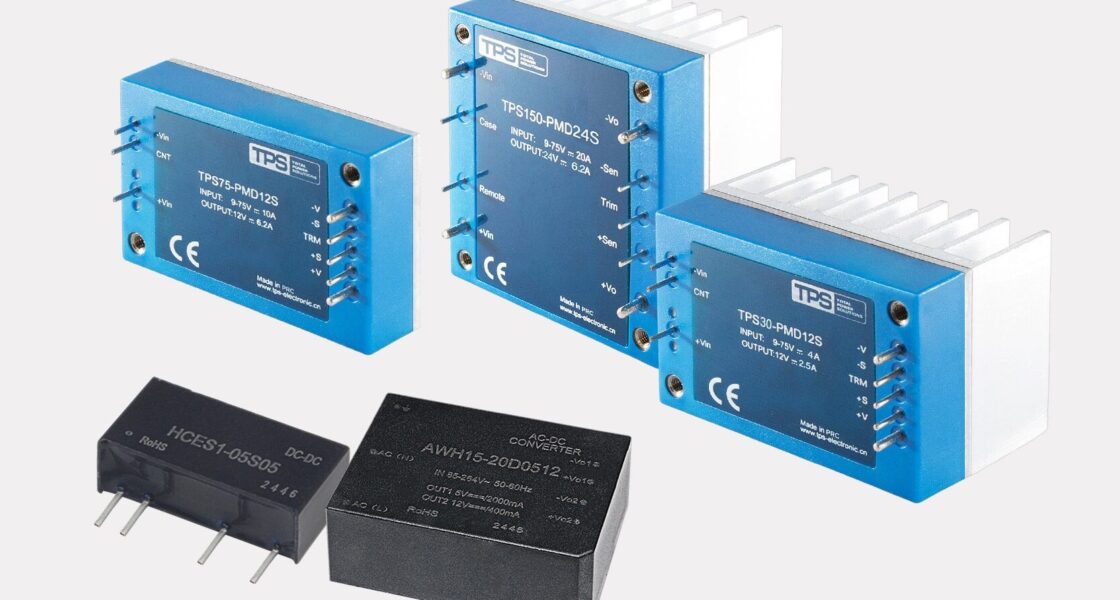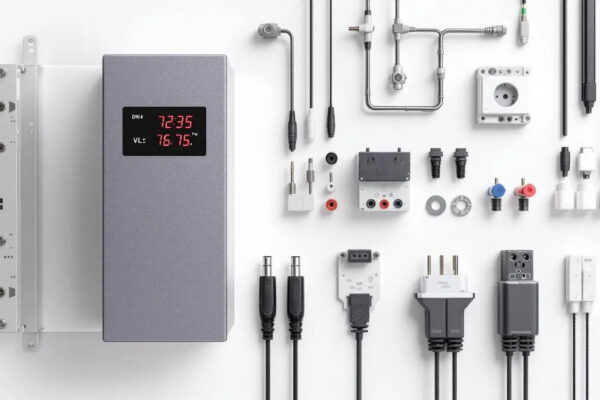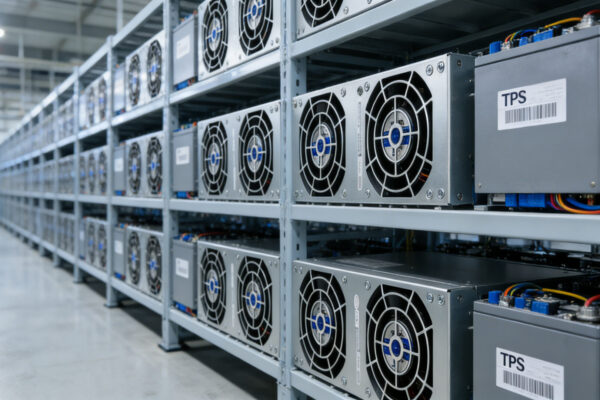DC converter modules play a crucial role in converting and stabilizing DC voltage levels to power a wide range of devices efficiently. This guide explains what a DC converter module is, outlines its key features, types, and applications, and provides practical tips for selecting the right one.
Key Takeaways
- DC converter modules convert DC voltage levels to ensure stable operation of electronic devices across diverse applications.
- Key features include high efficiency, reliability, wide input ranges, precise output regulation, and compact design.
- Common types such as buck, boost, and bidirectional converters support applications in automotive, data centers, and industrial systems.
What is a DC Converter Module?
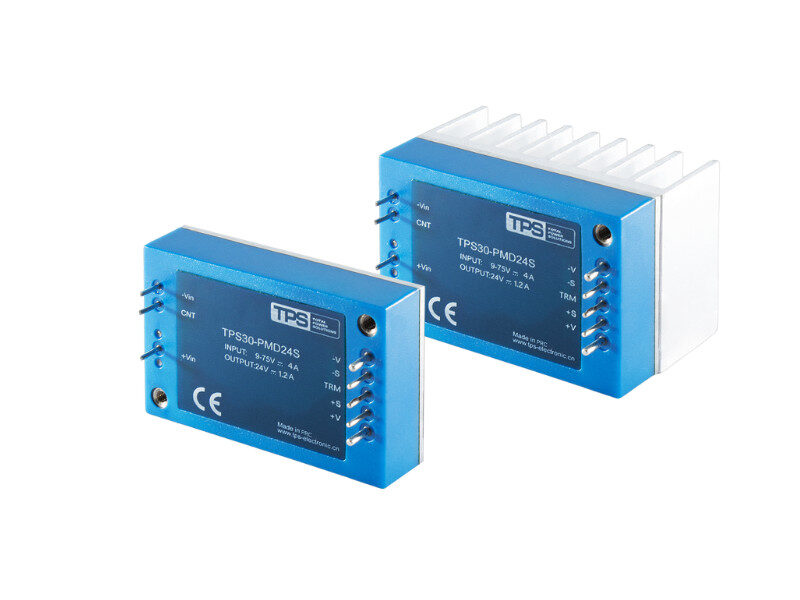
A DC converter module is an electronic circuit or device that converts DC voltage between different levels, delivering stable power for various applications. By adjusting voltage levels to meet component demands, it ensures reliable operation from small electronic devices to large industrial setups.
Modern switch-mode DC-DC converters achieve high energy efficiency, minimizing power loss and enabling compact designs. Without them, many devices would suffer from instability and reduced performance.
Key Features of DC Converter Modules
- High Efficiency: Reduces energy loss (e.g., TPS-H7805500 achieves up to 95% under optimal conditions).
- Reliability: Maintains stable operation even under harsh conditions.
- Wide Input Range: Adapts to different power supply environments.
- Output Regulation: Ensures consistent voltage under varying loads.
- Compact Design: Fits space-constrained applications such as data centers and automotive systems
Types of DC Converter Modules
Buck Converters
Step down voltage from higher to lower levels with high efficiency. Widely used in automotive systems, power supplies, and battery-powered devices. Different architectures (e.g., multiphase, hysteretic, voltage mode) provide flexibility depending on efficiency and load requirements.
Boost Converters
Increase input voltage to higher output levels. Common in battery-powered devices that require higher voltage for stable operation. Their high power density makes them suitable for portable electronics and compact power supplies.
Bidirectional Converters
Enable energy flow in both directions, essential for applications like electric vehicle battery management. Isolated versions provide galvanic isolation for safety and protection against electrical noise.
Applications of DC Converter Modules
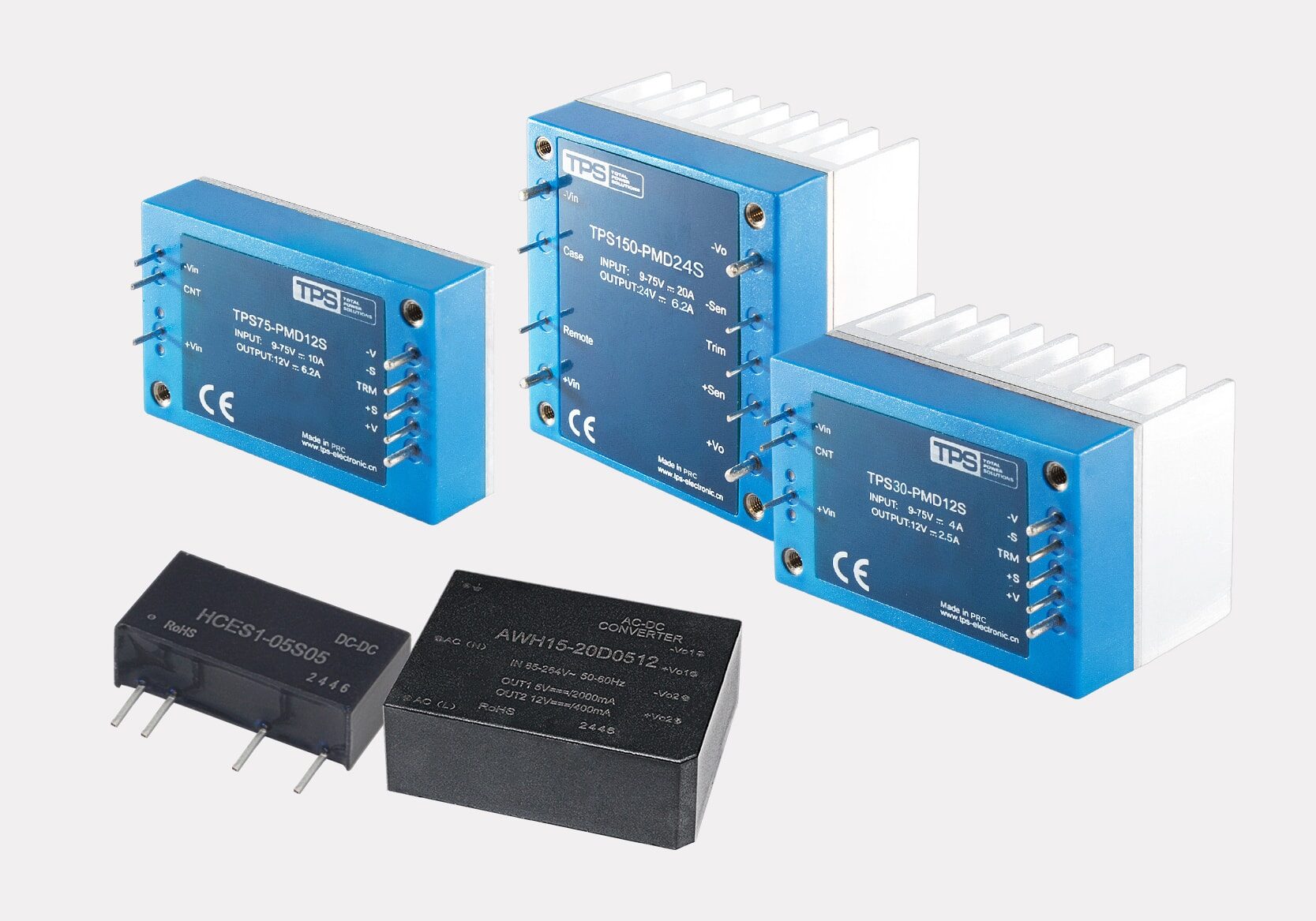
Automotive Systems
Support stable operation of EV/HEV systems, infotainment, cluster displays, and battery management systems.
Data Centers
Address power density and thermal design challenges while reducing conversion losses. This ensures high-performance processors and servers operate reliably with improved energy efficiency.
Industrial IoT
Provide stable power to sensors and actuators, enabling reliable communication and uninterrupted operation in industrial networks.
Advantages of Using DC Converter Modules
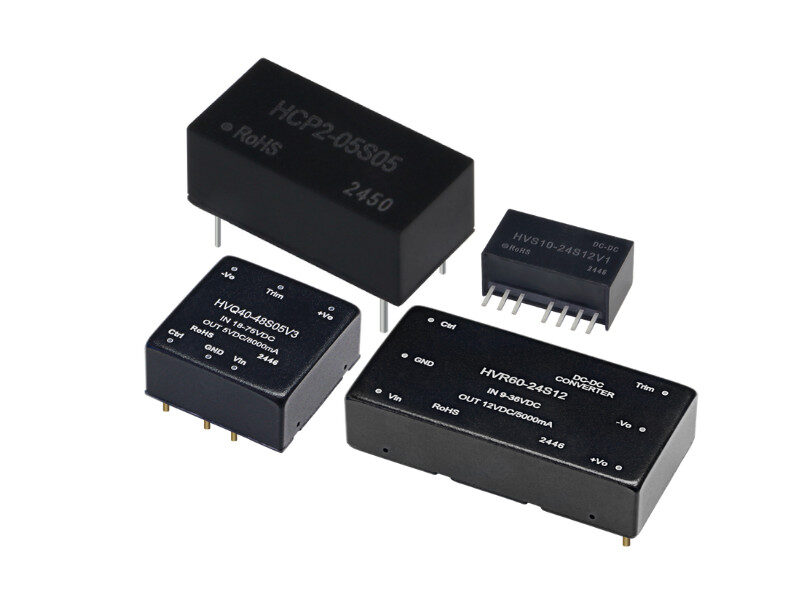
- High efficiency for energy savings
- Strong reliability in critical environments
- Flexible voltage regulation for different loads
- Isolation options for safety or compact design
Selecting the Right Module
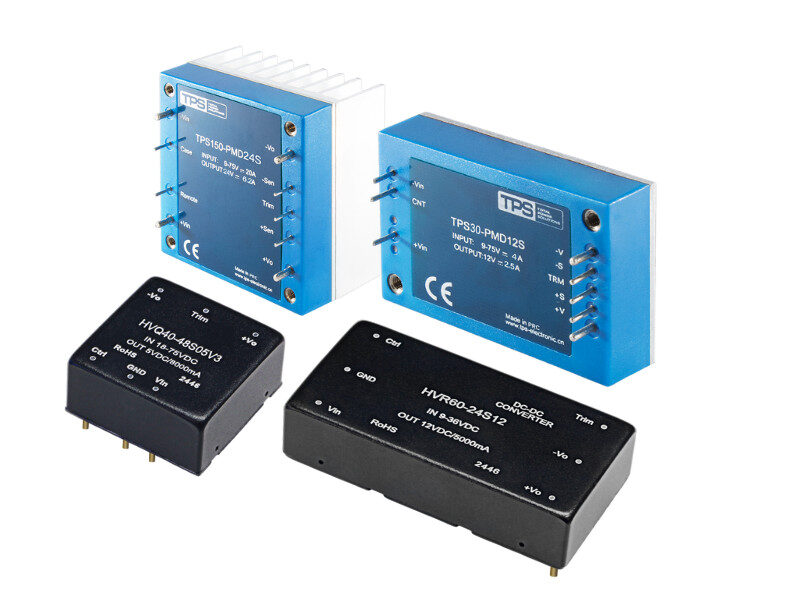
When choosing a DC converter module, consider:
- Input voltage ranges
- Output power and current demands
- Environmental conditions (temperature, humidity)
- EMI/EMC compliance
- Safety certifications (e.g., EU, UK)
- Advanced features such as remote on/off and voltage adjustment
Accessories and Redundancy
- Redundancy modules ensure uninterrupted power by decoupling supplies and preventing single-point failures.
- Cooling solutions (heatsinks, baseplates) prevent overheating and extend lifespan.
- Built-in protection features (undervoltage lockout, thermal shut-off) further enhance operational safety.
Online Resources and Support
- Product manuals, datasheets, and application notes
- Technical support and FAQs
- Training videos for setup and application
- TPS Support Center for direct expert advice
Summary
DC converter modules are indispensable for efficient and reliable power management. By understanding the main types, features, and applications, you can choose the right module for your needs. Considering input ranges, output demands, environmental conditions, and certifications ensures optimal performance. With redundancy options and access to reliable support, DC converter modules help systems run safely and efficiently across industries.
Frequently Asked Questions (FAQ)
What is a DC converter module?
A device that converts DC voltage to different levels, ensuring stable and efficient operation of electronic systems.
What are the key features?
Efficiency, reliability, wide input range, output regulation, and compact design.
What types exist?
Buck (step-down), boost (step-up), and bidirectional (two-way energy flow).
How do I select the right one?
Match input/output demands, consider environmental conditions, check certifications, and review advanced features.
What support is available?
Datasheets, manuals, FAQs, videos, and expert technical support.

